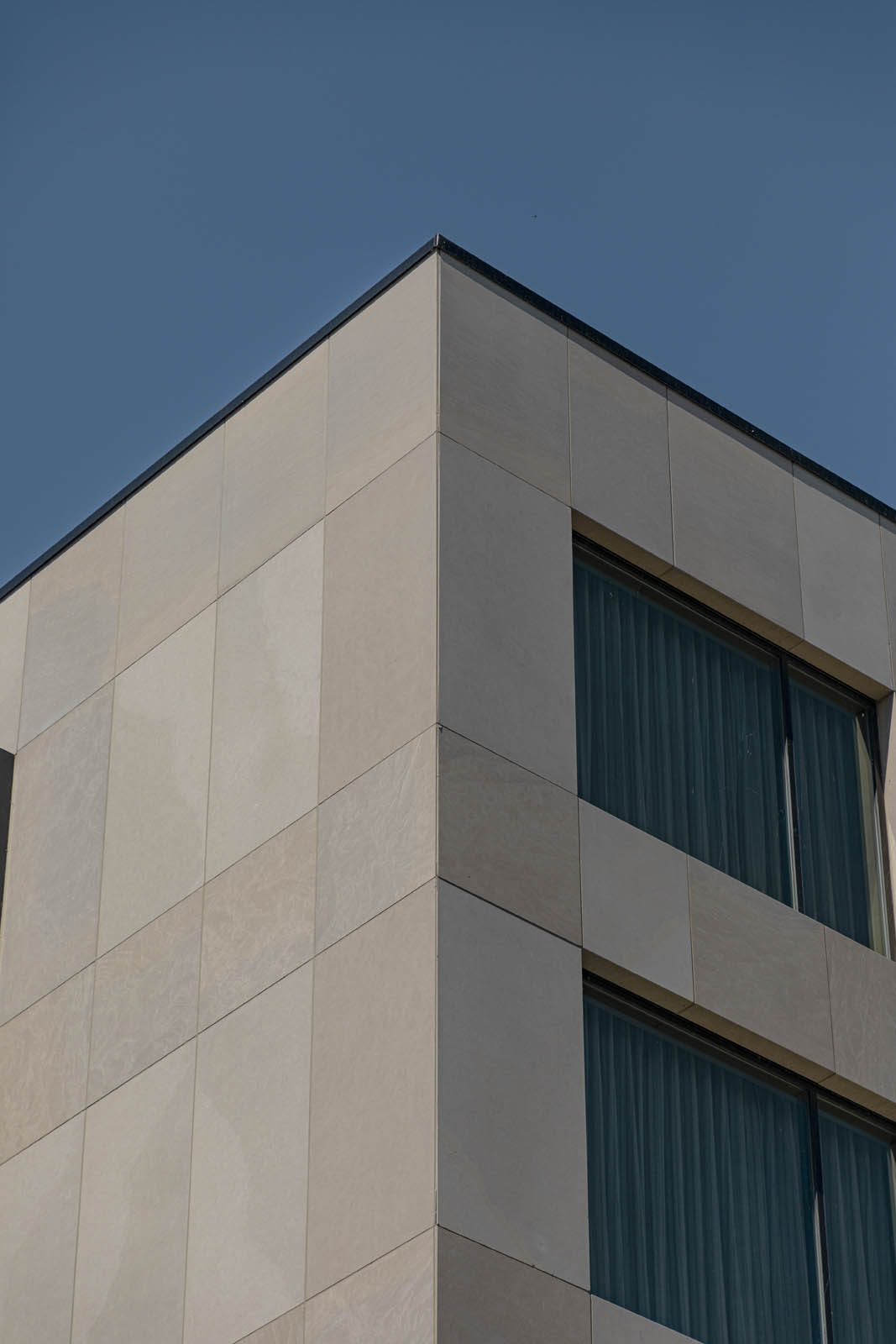
Focus Group Moderators Can Learn from Geologists Dilemmas
Filed Under: Best Practices, Market Research, Focus Groups, Online Communities, Online Qualitative Research

Walt Dickie
I’ve been enjoying Robert Markley’s, Dying Planet, a terrific history of the narrative links uniting the Mars of science fiction writers and the Mars of scientists. And suddenly – as I was reading something that Michael Malin, the director of the Mars Orbital Camera (MOC) team for the Mars Global Surveyor mission, wrote about his difficulties, as a trained a geologist, in doing “geology” on Mars through the medium of images photographed from orbit – I found myself squarely back in the world of marketing research thinking about focus group moderators and clients dealing with online qualitative platforms.
Geologists think with their senses. They learn a landscape by experiencing it. Malin writes, “For field geologists, the study of an environment depends on hiking around, breaking open rocks, and seeing and touching the ground.” I know this is right; I’ve read a fair amount of writing by geologists over the years. They live to experience what Malin calls the “size, shape, texture, color, pattern, relief” of the rocks. I’ve read more than one geologist talking about licking rock dust left behind after a blow of a hammer. But the reality of what they were talking about just never really hit me before.
Thinking about Malin straining to “do geology” through the fantastic abstraction of a blurry photograph where each pixel represented 1.4 meters of what might have been real, rough rock, hefted and caressed, made me suddenly feel the plight of clients and focus group moderators making the journey from the facility to the world of online qualitative.
Moderators experience the “size, shape, texture, color, pattern, (and) relief” of their data just like geologists, and clients have always shared that experience from behind the mirror. They remember what was said – what was meant – and make connections by remembering the face and manner of the respondent who sat in the third chair to left in the facility in Pittsburgh. Without that experience, and that memory, what she said is all just dry words on a page. Or, text on a computer screen – a “response” to a “probe” in an online discussion. It has “content,” but no taste.
This seems to be one of the biggest challenges for online qualitative right now: to provide that feeling of experiencing the reality of people through the medium of text, pictures, and videos taken out of the physical, touchable context of face-to-face interaction and reduced to an abstract display of “qualitative data.”
But there’s a happy ending to the story of Malin, his MOC team, and geologists as a group. And I think there will be a similar happy ending for marketing research.
Two things have happened for the geologists. First, geology-by-remote-sensing has matured into its own specialty. As the subject matter changed from rocks to pictures of rocks, new analytic methods developed, and both newer and older generations of geologists became comfortable and skilled with them. Malin’s team proved, with their remote pictures of Martian rocks, that there had been active geological processes at work altering the Martian surface in the recent past, something that astronomers had been arguing about for a century. And planetary geology is a hot field at the moment.
The other thing that happened was that re-capturing the field geologist’s perspective on the surface of a remote planet became increasingly possible. The MOC team was working with blurry pixilated images, but they were much, much sharper than the images from earlier missions. And the newer stuff is better still. Although no human geologist has ever experienced the heft of a Martian rock, the Mars rovers, Spirit and Opportunity, gave millions a geologist’s eye view the planet’s surface. It’s telling that the NASA press release for the earlier Pathfinder mission described the Sojourner rover as a “twelve-inch tall geologist.”
I think that similar advances will happen in marketing research. A methodology for “remote sensing” of qualitative information will mature and both clients and analysts will become increasingly familiar with it and increasingly appreciative of the vistas it opens. And we’ll also get better at capturing the feeling of immediacy in the ways we capture information online and the way we present it.
Just as Mars was simply too good for guys like Malin to pass up simply because it lacked the experiential immediacy of field geology, online qualitative is just too exciting, and the data is just too fascinating to pass up because we’re momentarily feeling the loss of the lady in the third chair to left in the facility in Pittsburgh.
explore featured
Case studies
